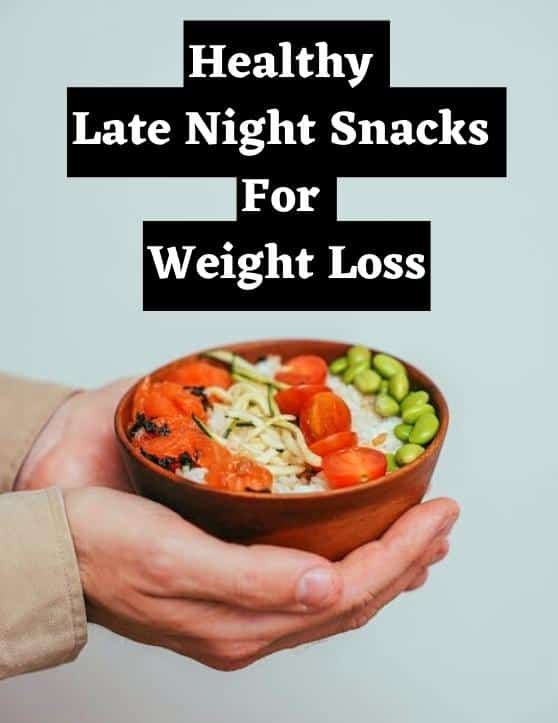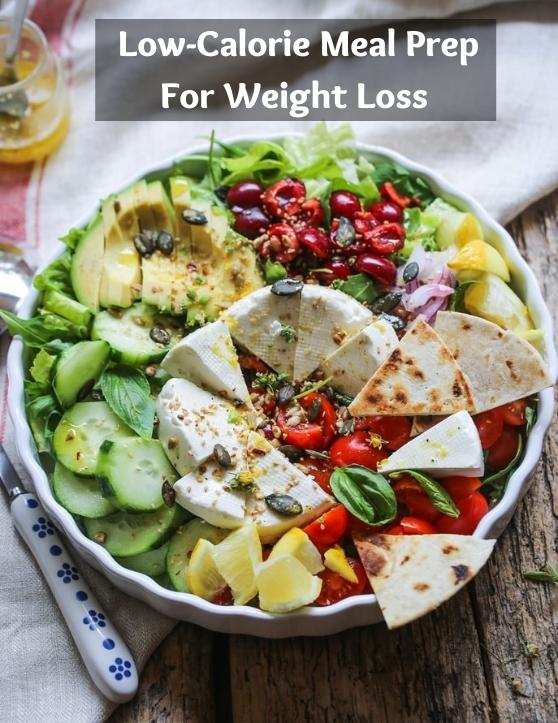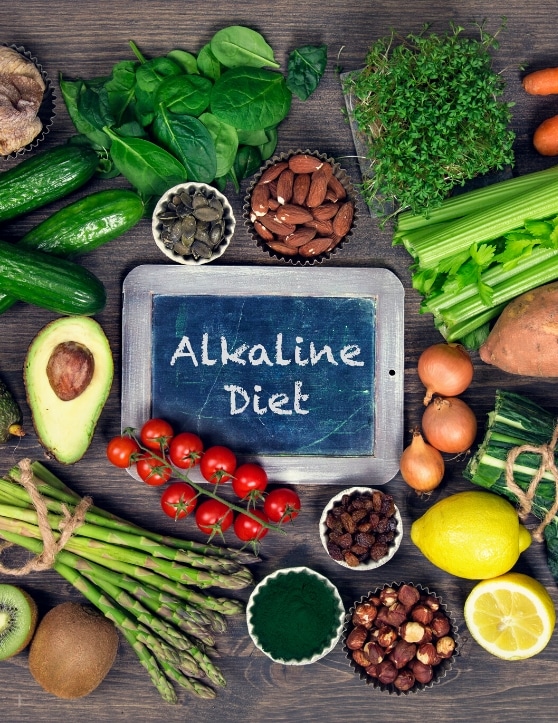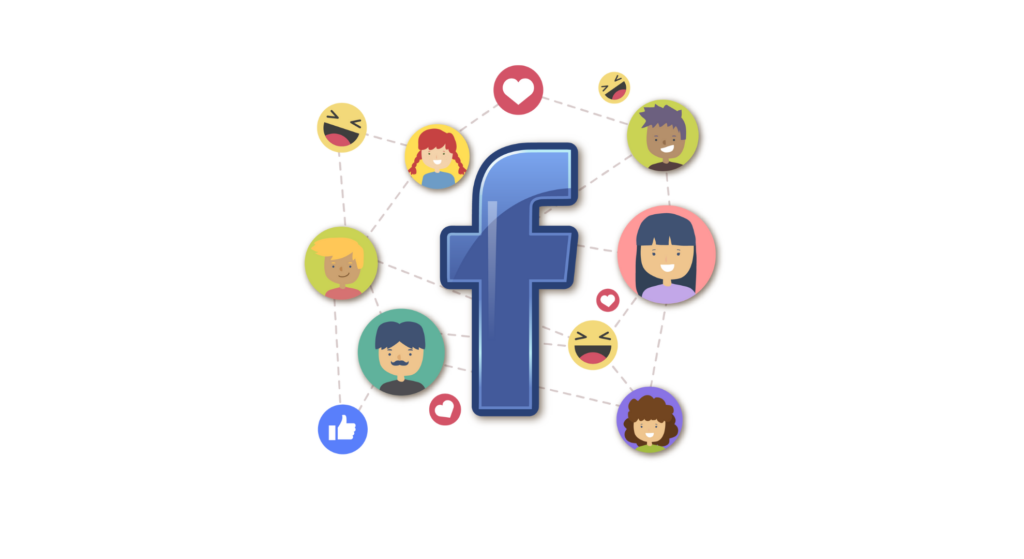Healthy Late Night Snacks for Weight Loss
“If you are hungry at night, you should eat something,” says Sarah Pflugradt, a family nutrition expert.
Research says that the quality and quantity of food decide whether late-night snacking has positive or adverse health effects. Let’s explore what causes late-night snacking, best and the worst foods for late night snacking.
Causes of Late Night Snacking
Late night snacking may happen most of the time if you have food cravings. But we cannot blame craving alone. Here are some causes which help you understand why you have late-night snacking issues.
- Poor Nutrition – If you are not taking the right amount of nutrients, you may feel hungry.
- Hormonal changes – When there is a change in your hormones due to stress, anxiety, or menstruation, there is an imbalance in the body that tempts you to crave
- Irregular meals – When you don’t eat on time, your metabolism changes, and your body is affected.
- Night Eating Syndrome – If you have night eating syndrome, you tend to eat more at night than at day.
- Lack of Sleep – Inadequate sleep will disturb the regulation of hormones, disrupting sleep.
- Exercising a lot – Too many exercises tends to have the greatest appetite and faster metabolisms.
- Feeling Stressed – Stress releases the cortisol hormone, which promotes hunger and cravings.
- High Blood sugar – High blood sugar levels and insulin resistance increase your hunger levels.
Can Late Night Snacking Affect Your Health?
Yes, late-night snacks will affect your health if you are not cautious about what you eat.
We will discuss a few of the ill effects of late-night eating:
- Obesity – Increases the risk of obesity if you consume more calories. A study shows that people eating between 11 pm and 5 am consume more calories than day eaters. You also tend to eat more sugary and fatty items, resulting in weight gain.
- Impairs memory – Research has shown that the timing of meals significantly affects memory and learned behavior.
- Eating disorders – Eating late at night may lead to Eating disorders such as emotional eating. This may cause you to eat more throughout the day.
- GERD -Late-night snacking increases the risk of GERD. If you lie down after eating late, your acid from the stomach flows back to the esophagus resulting in GERD. You get burps and stomach pain..
- Affects metabolism and Digestion – The metabolism at night is moderate to slow compared to that of day. Binge eating leads to excess calorie consumption and may lower metabolism. This may increase fat accumulation, which in turn leads to several health issues.
What Happens When You Snack Late At Night?
Taking unhealthy foods for a late night snacking may impact your health altogether. You ultimately end up with weight gain and acid reflux issues. Also, the excess calories consumed are stored as fat.
Your circadian rhythm gets affected which disturbs the sleep pattern. Your metabolism may become low, and your blood sugar levels can also rise. Your blood pressure also increases.
Surprisingly, there are some amazing benefits if you take nutritious snacks/ foods late at night.
- Improves your muscle’s strength
- Helps you sleep better
- Improves your morning appetite and metabolism.
Do Late Night Snacks Make You Gain Weight?
Maybe. Studies say that your metabolism may slow down by 15% at night. So you may gain weight due to late-night snacking unless you take easily digestible snacks/foods.
To be precise, You are not gaining weight by eating at night. It is only what you eat that matters. Many health professionals and organizations claim that the amount of calories you take affects your weight and not the time of consumption.
Late-night snacking results in the consumption of extra calories, thereby weight gain. Late-night snackers generally eat out of habit/craving, not because of hunger.
Most snacks on the menu of late-night snackers include unhealthy foods- chips, cookies, pizza, chocolate, ice cream, etc. This might lead to the accumulation of excess sugar as fat resulting in weight gain.
You can still consume late-night snacks and avoid weight gain. But how? Yes, here we have come up with the best healthy late-night snacks that could help.
Best Foods for Late Night Snacking
Snacks packed with protein and melatonin would be the best choice. Bananas, Grapes, Nuts, Hummus, Yogurt, and Pistachios are a few snacks that would serve as the best treats.
You can also stock your fridge with the below foods:
- Berries – A bowl of berries is loaded with fiber which keeps you full. It also contains magnesium which helps relax your nerves and muscles. You can have them plain or can add nuts or milk.
- Peanut Butter – Peanut Butter contains an amino acid called tryptophan that helps to promote sleep. When taken with a carbohydrate like wheat bread, it helps the brain convert tryptophan to melatonin and serves as nutritious.
- Cereal and Milk – Cereals like corn with milk will also be a good choice for late-night snacking. Calcium in milk helps in the production of the sleep hormone melatonin.
- Crackers with cheese – Crackers are rich in fiber which keeps you filling. You can alternate cheese with apple slices or fresh veggies if you want to keep an eye on weight gain.
- Yogurt – Yogurt is rich in calcium which helps promote sleep. You can combine yogurt with fruits, nuts, or honey.
- Fresh Veggies – If you are concerned about low calories, you can prefer raw vegetables like carrots, cucumber, bell peppers, etc. You can combine it with a dip made from cheese or yogurt.
- Popcorn – Popcorns are low in calories and contain fibers that keep your stomach full. You can add dried nuts to make them tastier.
- Fresh fruits and nuts – Fruits and nuts are nutritious containing vitamins, minerals, proteins, and fibers. They are easy to prepare and serve as an ideal option.
- Oatmeal – Oatmeal is rich in fiber and includes beta-glucan, which helps reduce cholesterol levels. A bowl of oatmeal will be warm and soothing for a good sleep.
What Foods Should be Avoided At Late Night?
Here are some foods that are a bad choice for a late night snacking.
- Caffeinated foods and drinks like coffee, tea, and chocolate should be avoided late at night as they keep you awake due to their stimulating effects.
- Spicy foods may induce heartburn, indigestion, and acid reflux as lying down helps the acid to creep back to your esophagus. Also, spicy foods increase body temperature, which affects good sleep.
- Sugary foods lead to a higher chance of insomnia. Avoid adding sugar, starch, and refined grains to your late-night snacks.
Managing your late night snack diet might be one way to help your weight loss, but the best one is to stop snacking at night. Here is how you could achieve it.
How to Stop Snacking at Night?
Let’s discuss some strategies to curb late-night eating:
- Balanced Diet – You should practice having a balanced diet throughout the day. This includes three full meals and two healthy snacks. Always include fruits, vegetables, grains, proteins, and dairy. This will keep you full.
- Don’t Skip Meals – Skipping foods in between results in hunger at the end of the day. Try avoiding meal skipping. Eat at regular intervals to keep yourself full.
- Stay hydrated – Keep yourself hydrated throughout the day. Sometimes due to dehydration, thirst is mistaken for hunger.
- Switch to healthy snacks – Replace all your processed snacks with healthy ones. Having low-carb, protein-rich snacks will help promote undisturbed sleep.
- Stress-free – Keep yourself diverted from stress. Divert yourself through meditation or a gentle walk.
- Use a routine – Develop a routine that will help your body adjust and keep you away from snacks.
Bottomline
Eating late at night when you are hungry is not a problem. But try to avoid snacking just for the sake of it. Avoid fatty and spicy snacks. This may lead to weight gain. Choose healthy, nutritious snacks which are rich in protein and fiber.
The quality and quantity of food determine whether night eating causes positive or negative effects.
FAQs
Q1. Is it bad to snack at night?
Studies show that late-night snacking can raise blood sugar levels. Snacks containing plenty of vitamins and minerals will improve your sleep.
Q2. What causes late-night snacking?
The main reason is not eating your food regularly throughout the day, which may lead to hunger at night. Habit, boredom, or stress can also be other factors.
Q3. How do I stop Snacking at night?
There are a few ways to stop curbing at night. Avoid skipping meals. Keep yourself hydrated. Consume foods rich in protein and fiber. Protein can keep you filled for a long time. Distract yourself from stress and boredom. Follow a regular routine.








